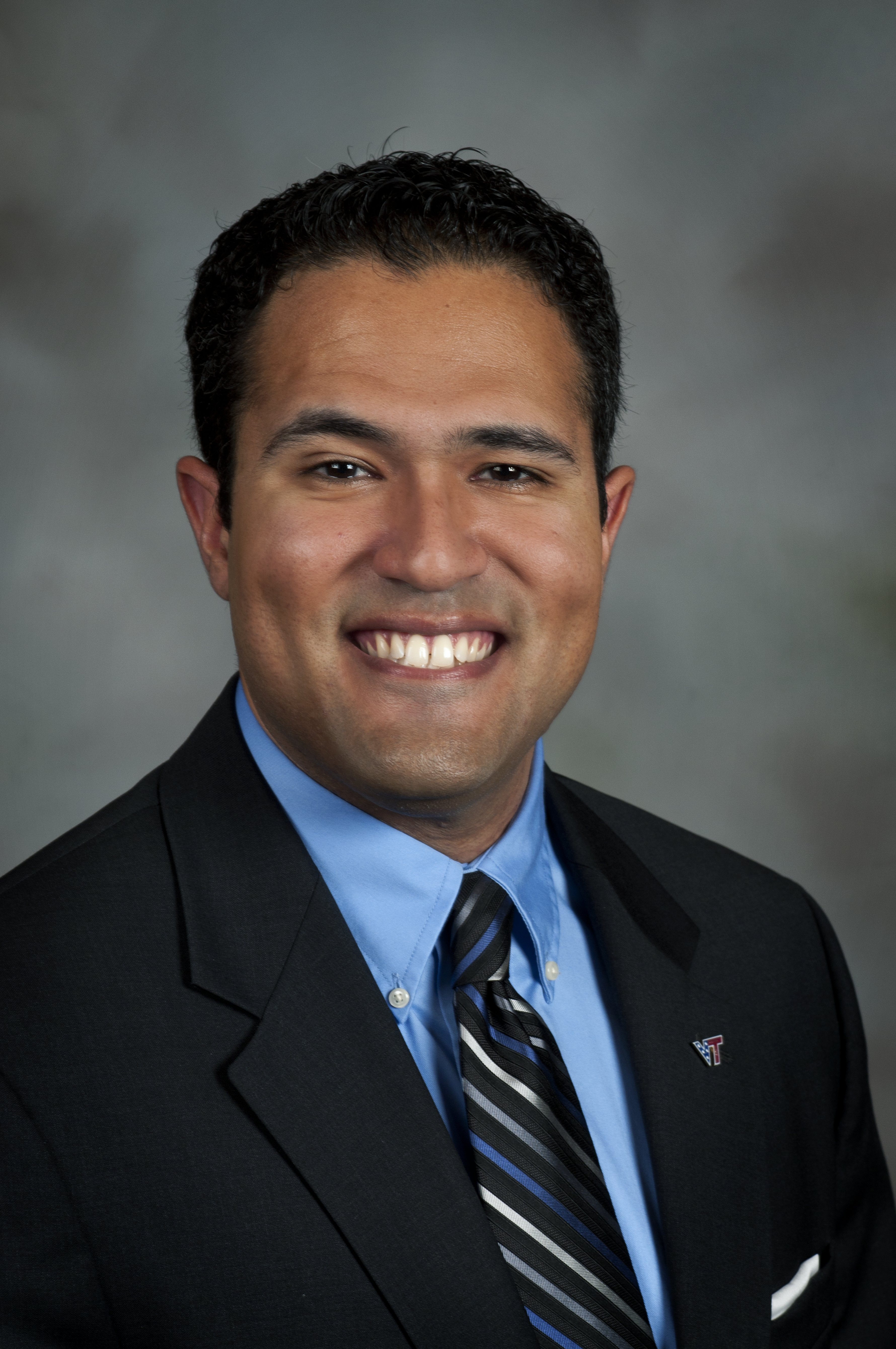Student group promotes knowledge of intellectual property law as part of a well-rounded education

As a high school student, Kevin Sprenger of Glen Allen, Va., was interested in law and in science, and was in a quandary about a career that could have both – until a family friend suggested intellectual property law.
Sprenger, now a senior in electrical engineering at Virginia Tech, went on to intern at law firms in Richmond, Va., and signed on as an intern at Virginia Tech Intellectual Properties Inc. in 2007. He and two friends also founded the Student Intellectual Property Society at Virginia Tech in 2009.
It turns out he was not alone in enjoying studies where disciplines overlap and there is the potential for discovery and taking products to market. But conversations about intellectual property were not taking place with students, said Sprenger. So he and Scott Salcetti of Fairfax, Va., a senior in computer engineering, and Jonathan Hall of Manassas, Va., a 2010 graduate of aerospace engineering, started the Student Intellectual Property Society.
Hayden Shea of Fairfax Station, Va., a senior in mechanical engineering, is now president and Sprenger is executive vice president. The goals of the society are to inform students on intellectual property and its relation to them, encourage more Virginia Tech students to enter the intellectual property career field, and promote an awareness of how intellectual property affects the innovation process.
"We recognized that Virginia Tech is isolated from a law school and from a big city. So we wanted to bring intellectual property resources here to get people talking," said Sprenger. "Exposing engineers and scientists to intellectual property law will only make them better engineers and scientists."
Students from electrical engineering, mechanical engineering, engineering science and mechanics, biology, biochemistry, math, and economics are now members. The society's advisor is Anna-Marion Bieri, professor and coordinator of the science and law program in the College of Science, which offers academic advising and coursework for students interested in patent or intellectual property law.
Student Intellectual Property Society programs include a guest lecture series of three presentations each semester from Virginia Tech Intellectual Properties and visiting speakers who are experts on intellectual property law and entrepreneurship. The lecture series is open to all Virginia Tech students and faculty members. One of this year's speakers was Virginia Tech alum John M. White, a patent attorney with Berenato, White & Stavish LLC and author of the PLI Patent Bar Review Course, which he originally created. The civil engineering graduate has taught 40 percent of all practicing patent attorneys and agents.
Society members also take an annual summer trip to Washington, D.C., to visit intellectual property law firms and the U.S. Patent and Trademark Office. "The aim of the trip is to see intellectual property law on the front lines," said Sprenger.
In October, the society presented its first annual Intellectual Properties Awareness Conference in Blacksburg, Va. The conference brought Darrell Mottley, a patent attorney with Banner & Witcoff Ltd., who is president of the Washington, D.C., bar association, and a 1987 Virginia Tech graduate in engineering science and mechanics; Ram Shukla, a senior patent examiner with the U.S. Patent and Trademark Office; Gerard Stegmaier of the international law firm, Wilson Sonsini Goodrich & Rosati; Keith Finch with Creekmore Law Firm of Blacksburg, Va.; and Jack Lesko, associate dean for research and graduate studies in the College of Engineering and co-founder of PowerHub Systems of Blacksburg, all to talk about their professional experiences. More people than just Virginia Tech students attended the conference.
"In addition to information about intellectual property, we try to give our members the tools they need to succeed, such as resume advice and working with Career Services," said Sprenger. "About half of us want to be intellectual property professionals, such as lawyers and examiners, and the rest of us want to understand intellectual property law as part of a well-rounded background. People from all academic backgrounds have the potential to succeed in an intellectual property career. So (the Student Intellectual Property Society) membership is available to students of all majors.”
Hall is now in his second year at Brooklyn Law School. Sprenger says he hopes to work for a law firm as a patent agent or for the U.S. Patent Office after he graduates this spring. In the meantime, he remains active with the society by maintaining its current programs and coordinating fundraising and corporate sponsorships. As part of the society's recently established IP Ambassadors Program, he also returns every year to his high school, Hermitage High School in Henrico County, to speak to the honors physics courses about intellectual property.
Sprenger says he encourages more Virginia Tech students to join the society. There is information and membership forms online.
Dedicated to its motto, Ut Prosim (That I May Serve), Virginia Tech takes a hands-on, engaging approach to education, preparing scholars to be leaders in their fields and communities. As the commonwealth’s most comprehensive university and its leading research institution, Virginia Tech offers 240 undergraduate and graduate degree programs to more than 31,000 students and manages a research portfolio of $513 million. The university fulfills its land-grant mission of transforming knowledge to practice through technological leadership and by fueling economic growth and job creation locally, regionally, and across Virginia.



